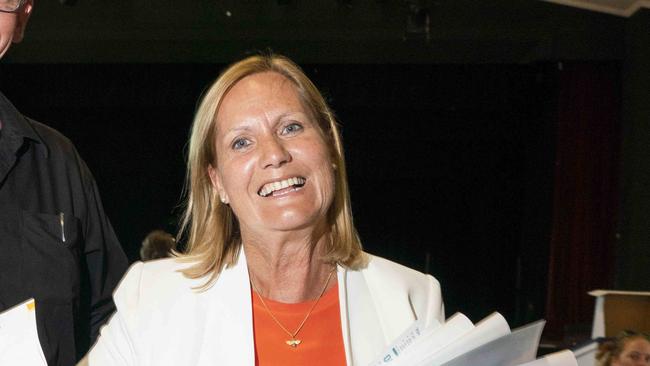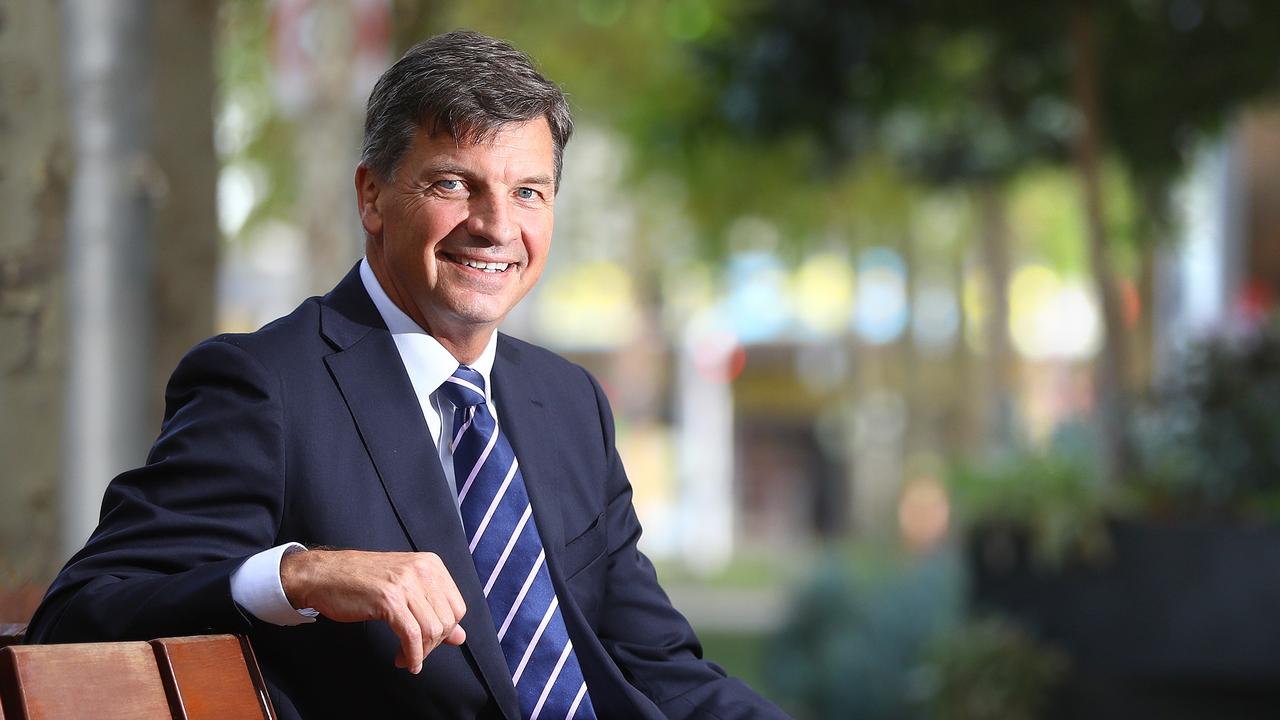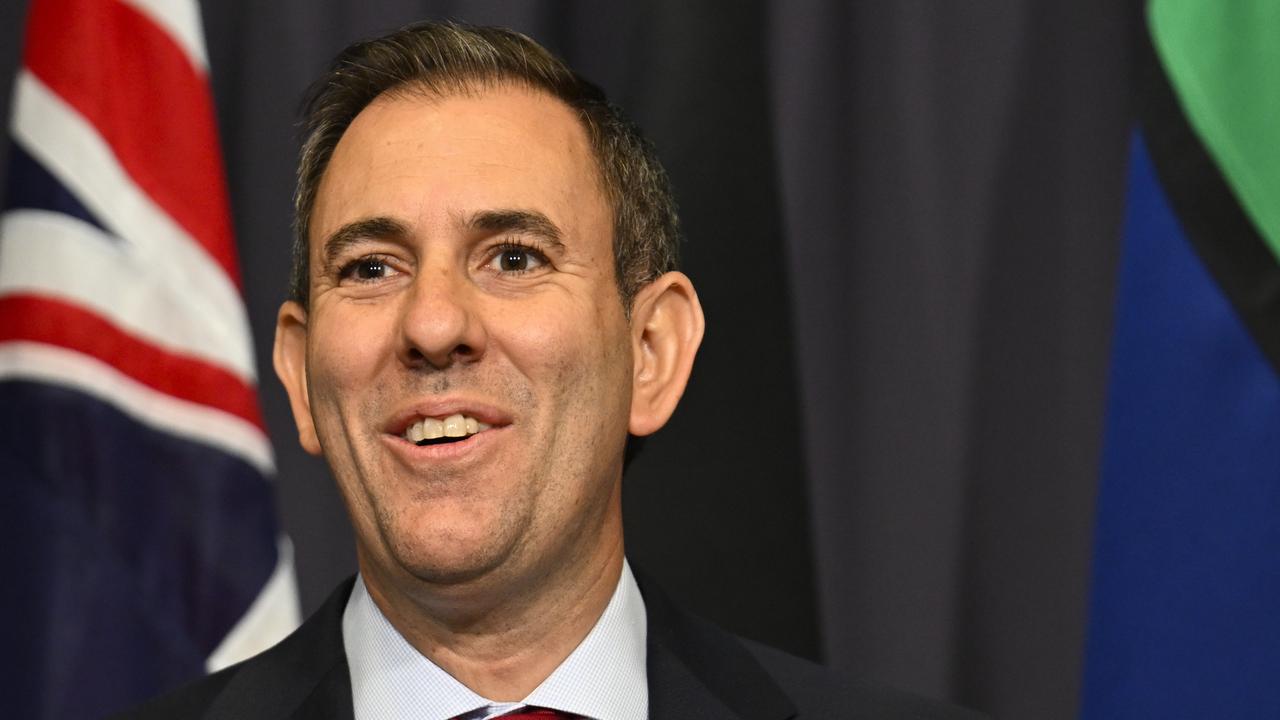Teal appeal is federal and, unlike One Nation and the Greens, their state strategy is all wrong


What’s more, for a minor party, and that’s what the Climate 200-backed independents are, its political strategy is amateurish and flawed. Also, when the almost unlimited millions in advertising spending are limited their campaigns fail.
Both the Greens and One Nation, under Mark Latham in NSW, get better results overall and achieve a vital aim of holding the balance-of-power where the Simon Holmes a Court-funded teals fail.
The NSW election results, coming so soon after the Victorian state election result, suggest the teal appeal is federal – that is, the single-issue climate change appeal from the teal “party” candidates and the strategy of targeting specific, wealthy city lower house seats, doesn’t work at State level.
While there are still seats in the balance and no real picture of the state of the NSW Legislative Council it is not too early to say the teals have fallen far short of the hyperbolic expectations.

One teal independent is a chance of winning a seat but, like the flock of teals in the House of Representatives after Anthony Albanese’s victory, the Labor majority means lower house independent MPs are irrelevant.
Latham’s One Nation strategy in NSW of a widespread contest in the Legislative Assembly coupled with a disciplined campaign for the Upper House on the other hand seems to have delivered him a new 8-year term and possibly four seats in the Upper House and the balance of power.
The Greens and One Nation are politically smarter than the teals. In Canberra the teal Senator David Pocock has a role in the Upper House balance-of-power almost by accident through the small vote required for a Senate place in the Australian Capital Territory and is only for three years.
In Victoria the teals failed to win a lower house seat and even a victory in NSW is meaningless.

Single-issue parties historically do better in Upper House elections and for decades the Greens targeted the Senate while One Nation’s best results have likewise been in the Senate.
Voters don’t seem to think the climate-change issue is as pertinent at a State level – where provision of services such as public transport, power and petrol are key voting issues.
In NSW, as they did federally and in Victoria, the teals ran in affluent electorates held by Liberals.
Teals ran across the lower north shore, the northern beaches and the eastern suburbs, where several independents helped to sweep out Scott Morrison’s government at the federal election last May, including North Sydney’s Kylea Tink, Wentworth’s Allegra Spender and Mackellar’s Sophie Scamps.
While Wollondilly’s Judy Hannan is in position to become the first teal candidate to win a seat, unseating Liberal incumbent Nathaniel Smith, the teals have failed overall.
Previously, Hannan has preferred not to describe herself as a teal.
The teal failure at a state level is no real comfort for the Liberals because at the next federal election, unlike the NSW election, the strict spending caps on campaigns and the complexity of optional preferential voting will not apply.
This isn’t good news for the Liberals but it’s not the hyped news of teal success that we were given to believe before the poll.



The real teal appeal is federal.